News
-
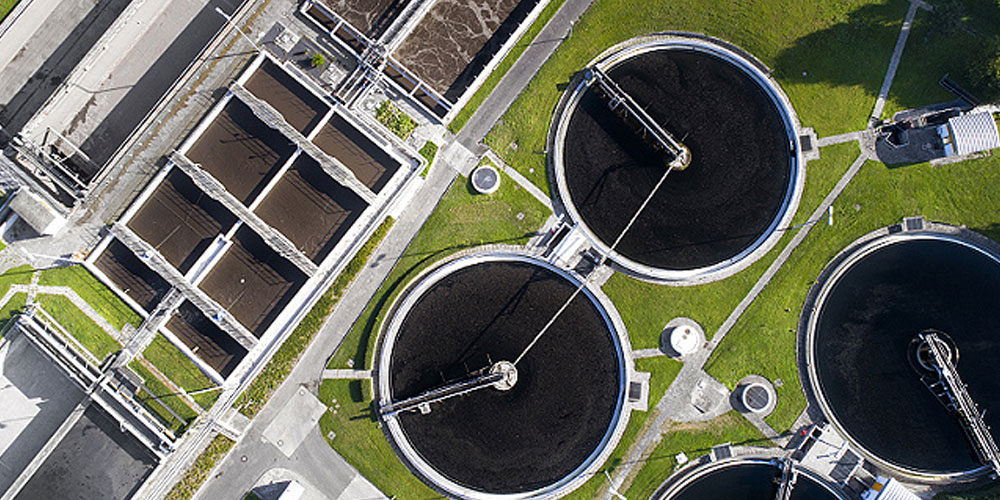
How does Poly Aluminum Chloride remove contaminants from water?
Poly Aluminum Chloride (PAC) is a chemical compound that is widely used in the treatment of water and wastewater due to its effectiveness in removing contaminants. Its mechanism of action involves several key steps that contribute to the purification of water. Firstly, PAC acts as a coagulant in ...Read more -
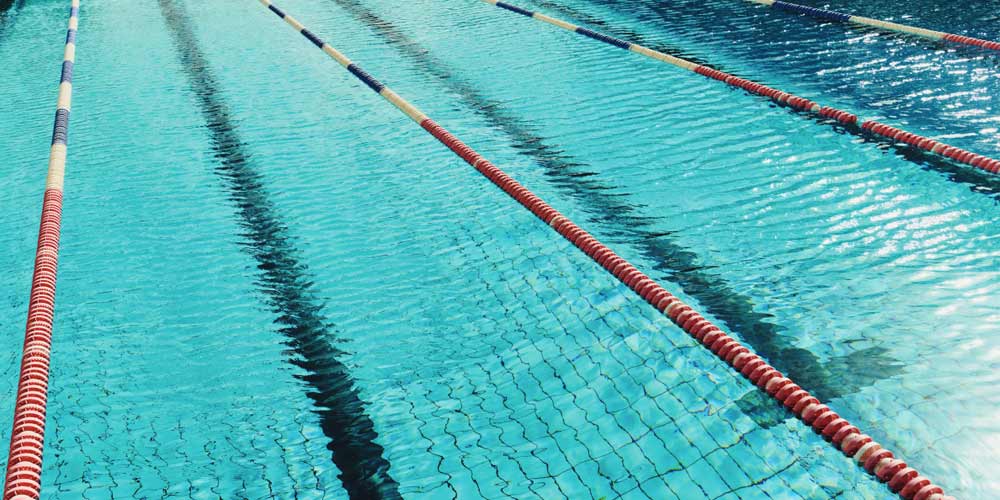
What form of chlorine is used in pools?
In swimming pools, the primary form of chlorine used for Disinfection is typically either liquid chlorine, chlorine gas, or solid chlorine compounds like calcium hypochlorite or sodium dichloroisocyanurate. Each form has its own advantages and considerations, and their usage depends on factors su...Read more -
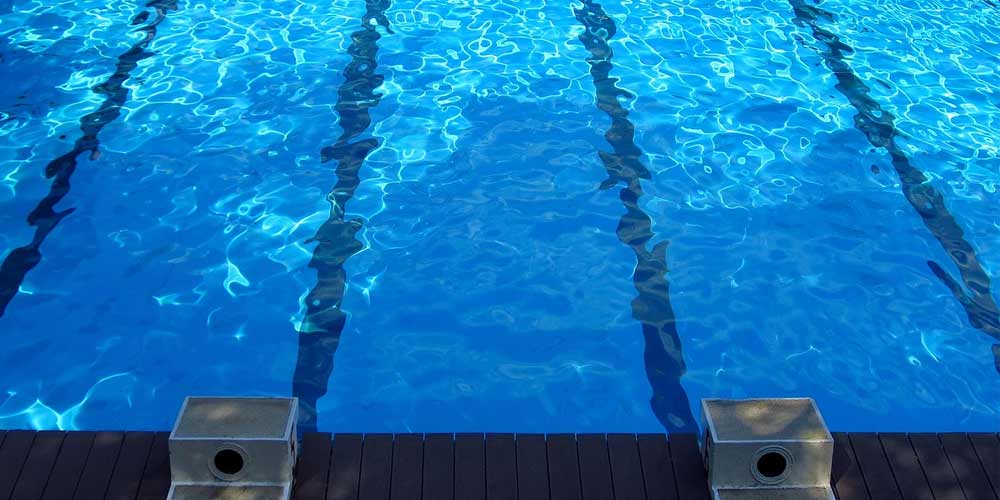
How To Safely Storing Pool Chemicals
In maintaining a pristine and inviting swimming pool, the use of Pool Chemicals is indispensable. However, ensuring the safety of these chemicals is paramount. Proper storage not only prolongs their effectiveness but also mitigates potential hazards. Here are essential tips for safely storing poo...Read more -
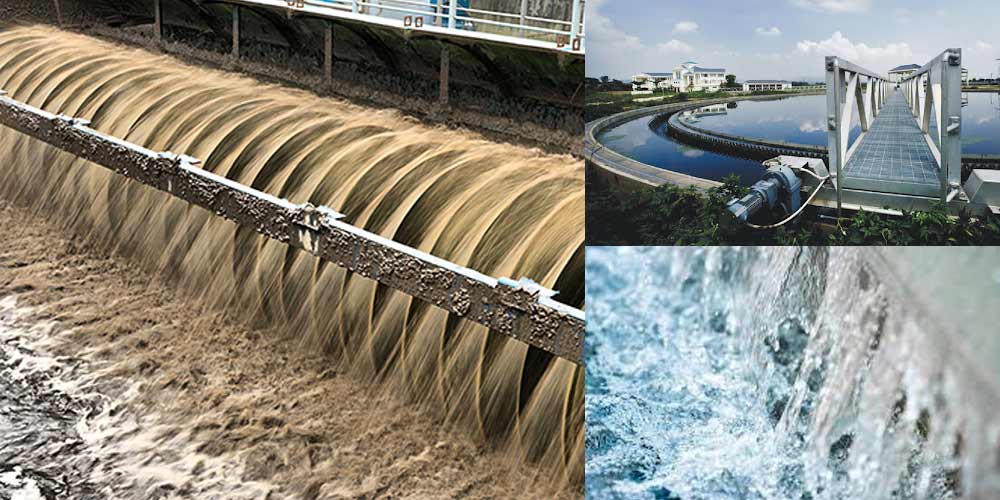
When is Polyacrylamide needed to be used in water treatment?
Polyacrylamide ( PAM ) is a widely used polymer in water treatment processes. Its application is primarily related to its ability to flocculate or coagulate suspended particles in water, leading to improved water clarity and reduced turbidity. Here are some common situations where polyacrylamide ...Read more -
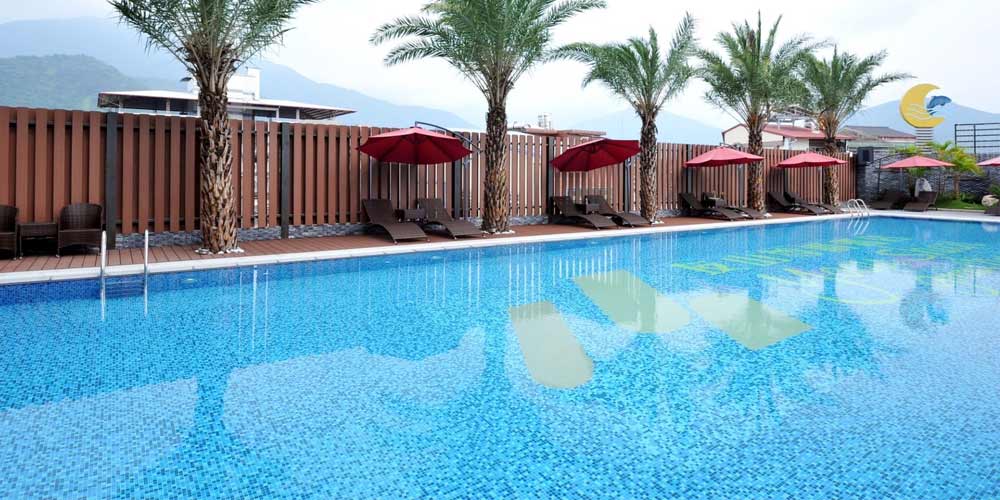
Why is my pool water still green after shocking?
If your pool water is still green after shocking, there could be several reasons for this issue. Shocking the pool is a process of adding a large dose of chlorine to kill algae, bacteria, and remove other contaminants. Here are some potential reasons why your pool water is still green: Insufficie...Read more -
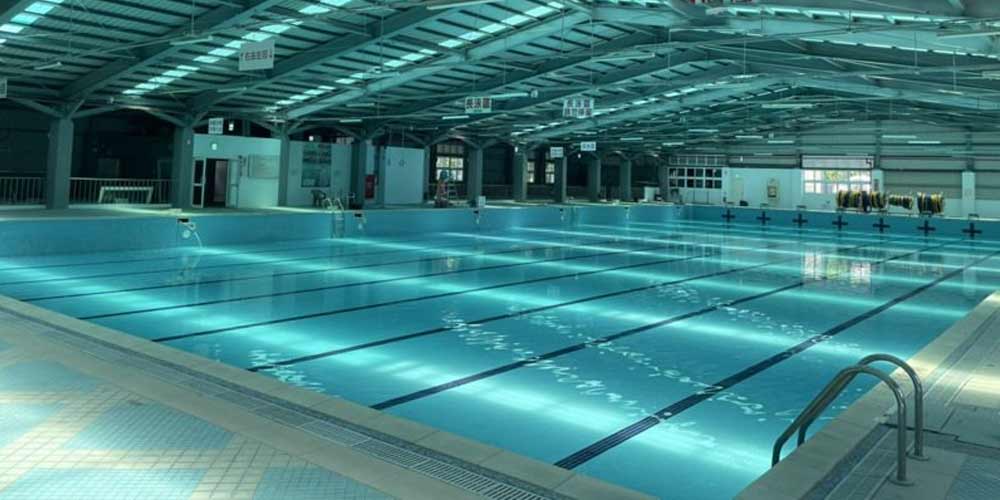
What is the most common Disinfectant in use for swimming pools?
The most common Disinfectant used in swimming pools is chlorine. Chlorine is a chemical compound widely employed to disinfect water and maintain a safe and hygienic swimming environment. Its efficacy in killing bacteria, viruses, and other microorganisms makes it the preferred choice for pool san...Read more -
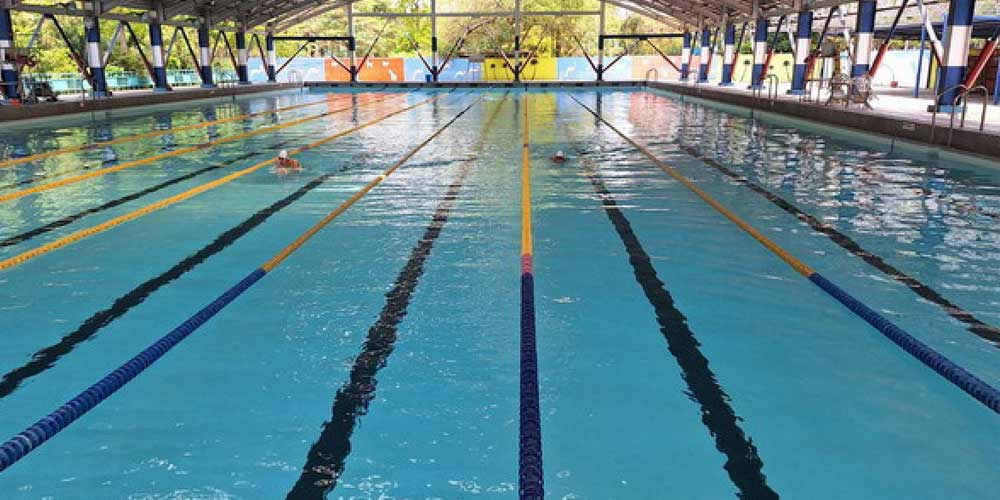
Can I use Aluminum Sulfate in a swimming pool?
Maintaining the water quality of a swimming pool is crucial for ensuring a safe and enjoyable swimming experience. One common chemical employed for water treatment is Aluminum Sulfate, a compound known for its effectiveness in clarifying and balancing pool water. Aluminum sulfate, also known as a...Read more -
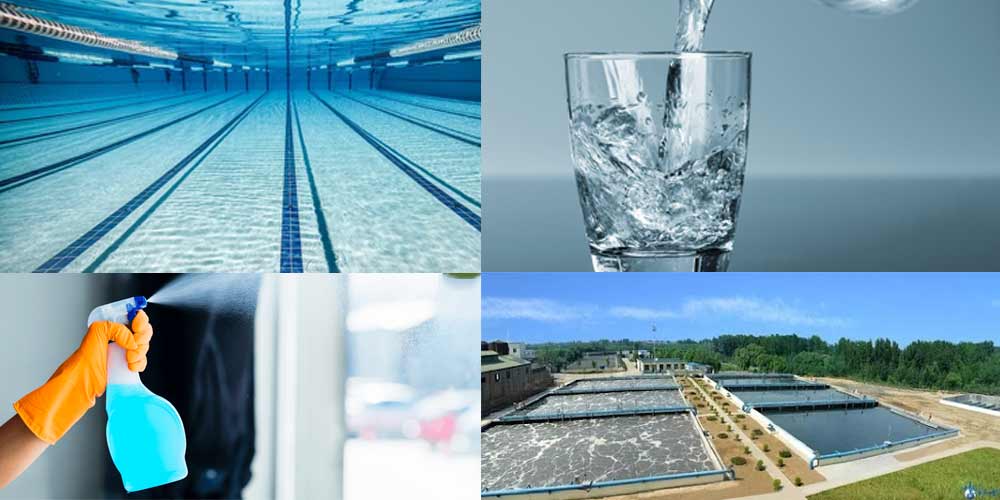
NADCC Guidelines for Use in Routine Disinfection
NADCC refers to sodium dichloroisocyanurate, a chemical compound commonly used as a disinfectant. Guidelines for its use in routine disinfection may vary based on specific applications and industries. However, general guidelines for using NADCC in routine disinfection include: Dilution Guidelines...Read more -
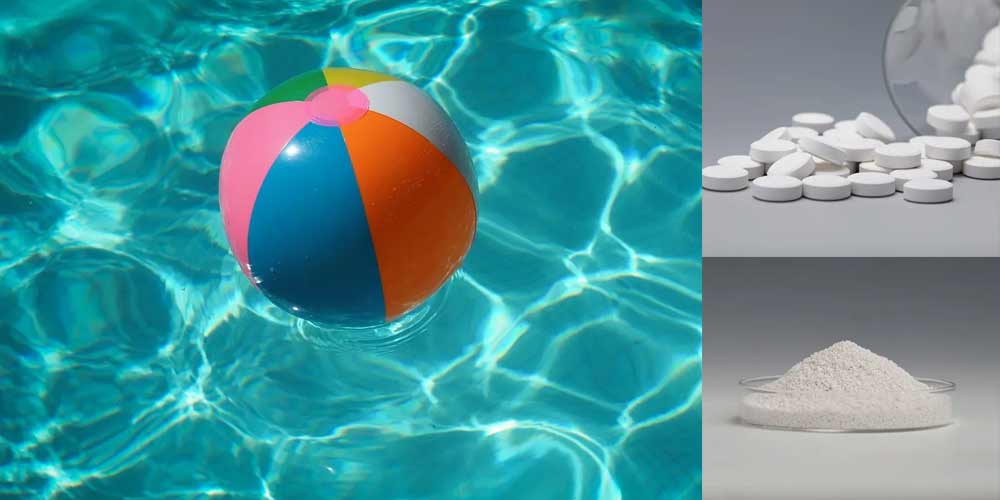
Is sodium dichloroisocyanurate safe for humans?
Sodium dichloroisocyanurate (SDIC) is a chemical compound commonly used as a Disinfectant and Sanitizer. SDIC has good stability and a long shelf life. After being put into water, chlorine is gradually released, providing continuous disinfection effect. It has various applications, including wate...Read more -
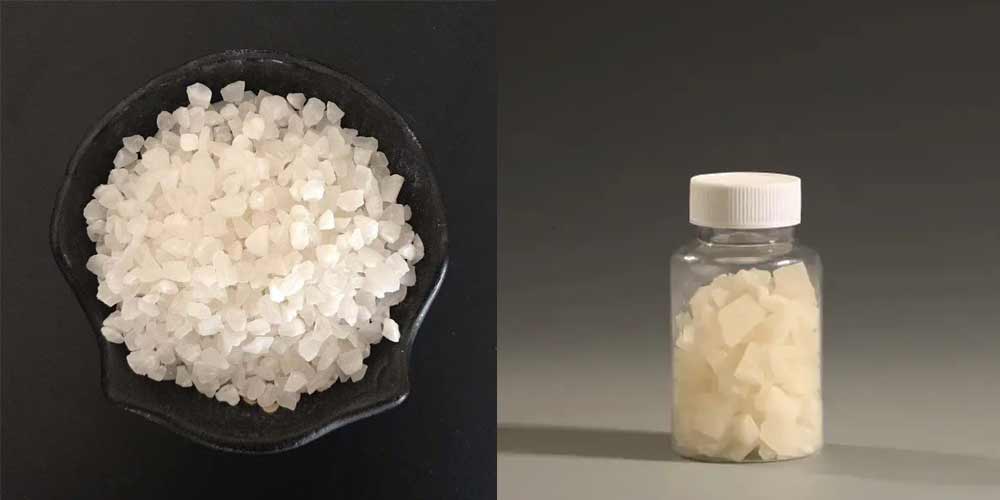
What happens when aluminium sulphate reacts with water?
Aluminum sulfate, chemically represented as Al2(SO4)3, is a white crystalline solid that is commonly used in water treatment processes. When aluminum sulfate reacts with water, it undergoes hydrolysis, a chemical reaction in which water molecules break apart the compound into its constituent ions...Read more -
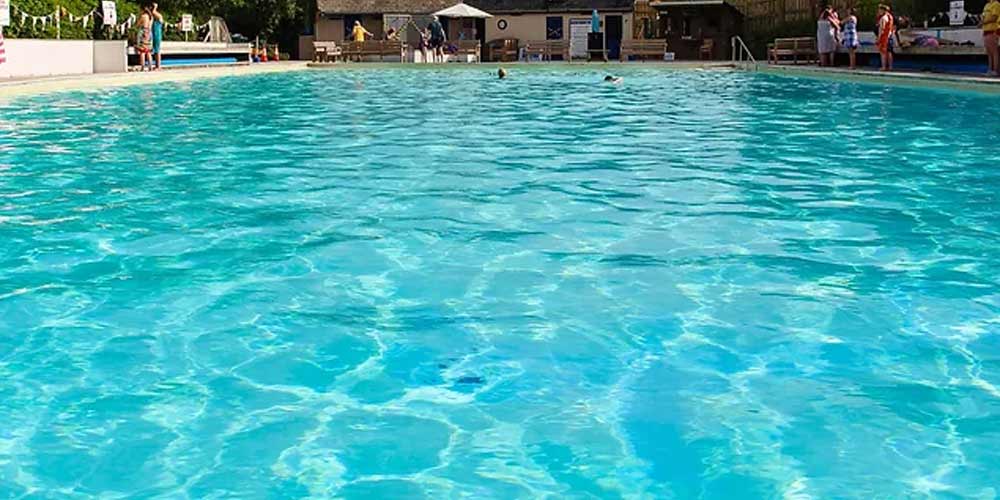
How do you use TCCA 90 in a pool?
TCCA 90 is a highly effective swimming pool water treatment chemical commonly used for swimming pool disinfection. It is designed to provide an effective and easy-to-use solution for disinfection, protecting swimmers’ health so you can enjoy your pool worry-free. Why is TCCA 90 an effective...Read more -
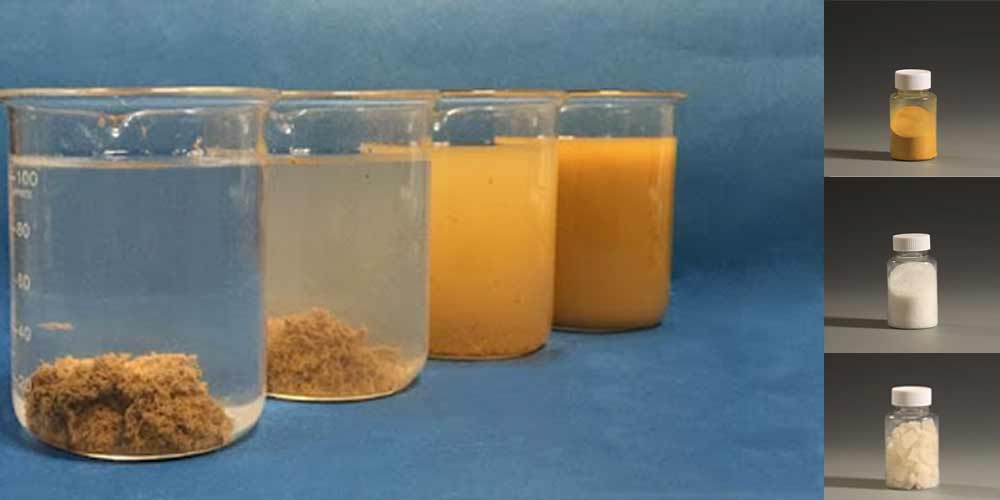
How does Flocculant work in water treatment?
Flocculants play a crucial role in water treatment by aiding in the removal of suspended particles and colloids from water. The process involves the formation of larger flocs that can settle or be more easily removed through filtration. Here’s how flocculants work in water treatment: Flocc...Read more
